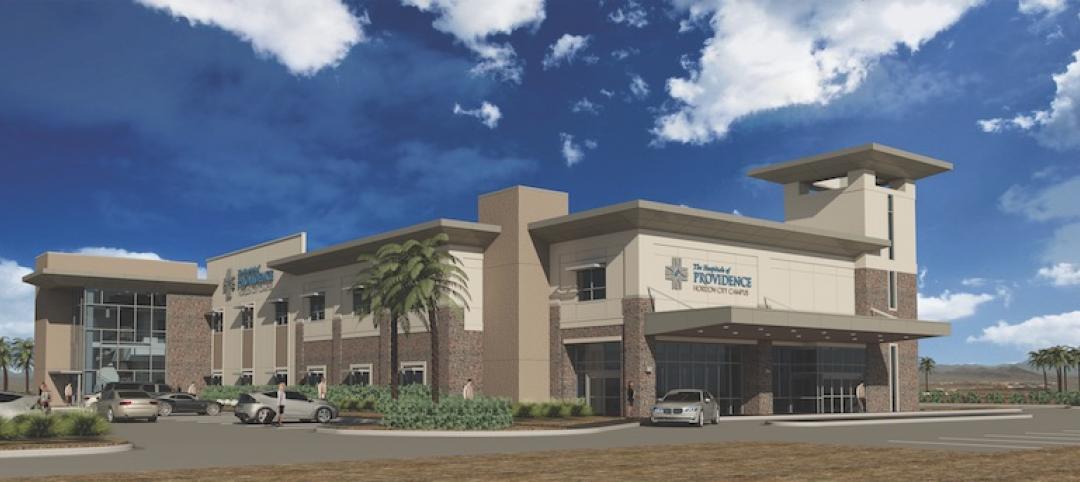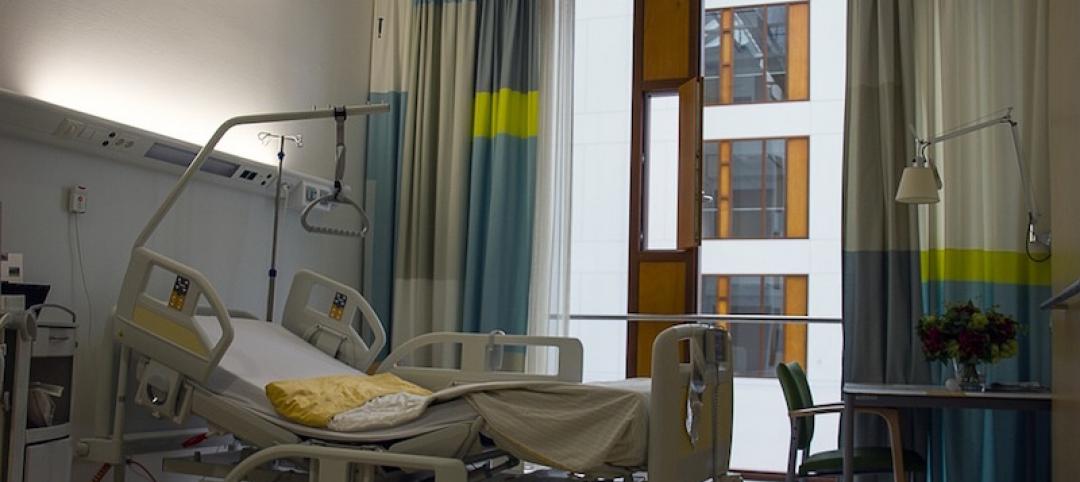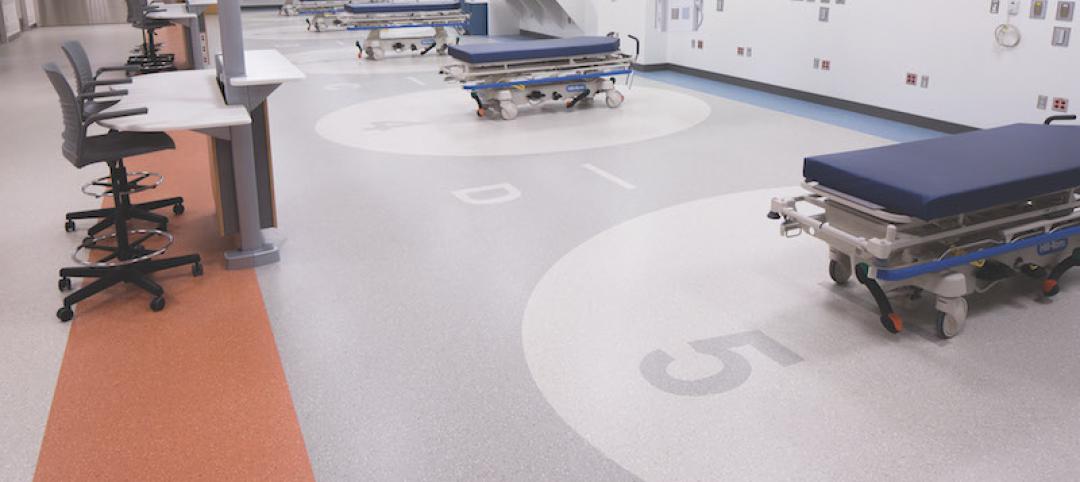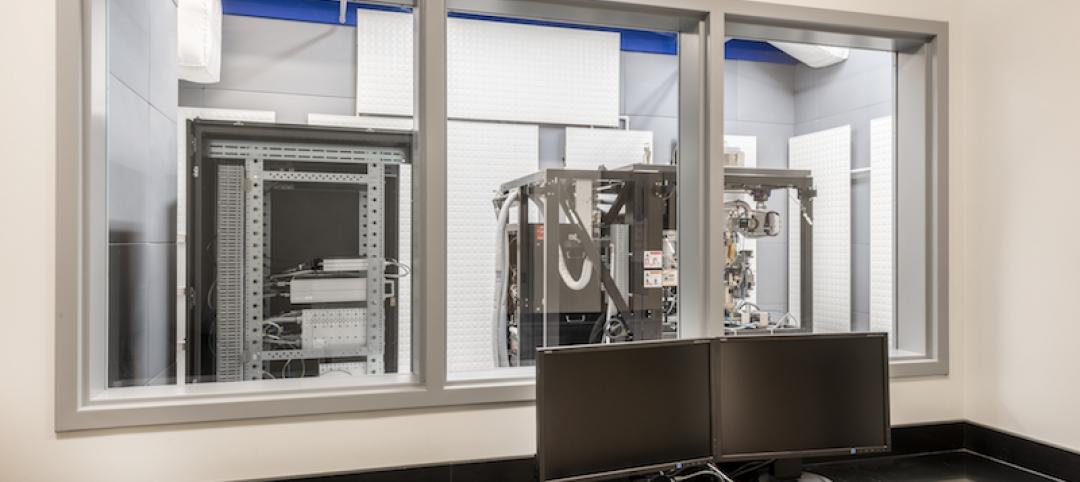This week, the American Institute of Architects (AIA) the Architects Foundation and the Association of Collegiate Schools of Architecture (ACSA) released a summary of the second annual Design and Health Research Consortium.
The summary, “From Research to Application: Building the Bridge to Practice,” is available on AIA’s website.
Held in April in Alexandria, Va., the consortium was led by 17 members comprised of architecture schools and schools of public health.
The groups discussed how architects, designers, and health professionals can best apply design and health research in their communities. In particular, they examined how to make their research relevant and how to craft a good proposal.
“We are working to create a bridge between the academy and practice and help the design firms access to this research in ways that are easily-consumable and readily-applicable for practice,” said Suzanna Kelley, FAIA, AIA Managing Director of Strategic Alliances and Initiatives. “This document includes real-world strategies, tactics, tools and tips that will help our university teams think differently about how they engage architects, foundations, and government partners.”
Related Stories
Healthcare Facilities | Feb 7, 2017
Microhospitals: Healthcare's newest patient access point
Microhospitals are acute care facilities that are smaller than the typical acute care hospital. They leave complex surgeries to the big guys, but are larger and provide more comprehensive services than the typical urgent care or outpatient center.
Healthcare Facilities | Feb 6, 2017
NYC cancer hospital rises to the occasion
A recent analysis of patient volumes showed that Memorial Sloan Kettering Cancer Center would run out of space for new construction at its Upper East Side campus in Manhattan in just a few years.
Healthcare Facilities | Feb 3, 2017
Urgent care centers: True pioneers of retail healthcare delivery
Hospitals, either individually or in joint ventures, run 37% of U.S. urgent care centers.
Healthcare Facilities | Jan 19, 2017
A survey challenges the efficacy of decentralized nurses station design
The Institute of Health + Wellness Design at the University of Kansas raised questions after reviewing a hospital’s renovated orthopedic unit.
Healthcare Facilities | Dec 22, 2016
Has ‘green’ delivered on its promise to the healthcare sector?
As we approach the end of the second decade of LEED, the financial costs and benefits of going green are well documented, write CBRE's Lee Williams and Steve Higgs.
Healthcare Facilities | Dec 13, 2016
How healthcare systems can reduce financial risk with developer-owned hospitals
When entering a new market, the financial risk can be magnified to the point that the investment – although critical to a system’s future – becomes unpalatable to a governing board.
Sponsored | Flooring | Dec 7, 2016
Reading Hospital expansion project saves two months in construction schedule thanks to nora nTx
Construction delays are common with projects as large as the $354 million Reading Hospital expansion. Maybe that’s why construction manager Jeff Hutwelker, project executive with LF Driscoll Co., LLC, was so pleased with his nora® experience. By Hutwelker’s estimates, nora nTx saved approximately two months in his construction schedule.
Healthcare Facilities | Nov 30, 2016
Utilizing real estate to build physician networks
How hospitals can partner with their doctors to build an ambulatory network.
Healthcare Facilities | Nov 10, 2016
Prescription for success: Managing technology in the design of healthcare facilities
While the benefits of intelligently deployed technology are abundantly clear to both designers and healthcare end-users, it’s no simple task to manage the integration of technology into a building program.
Public Health Labs | Nov 3, 2016
Cutting-edge microscope facility opens on UMass Medical’s campus
Design and construction met rigorous requirements for sound, vibration, and temperature controls.















